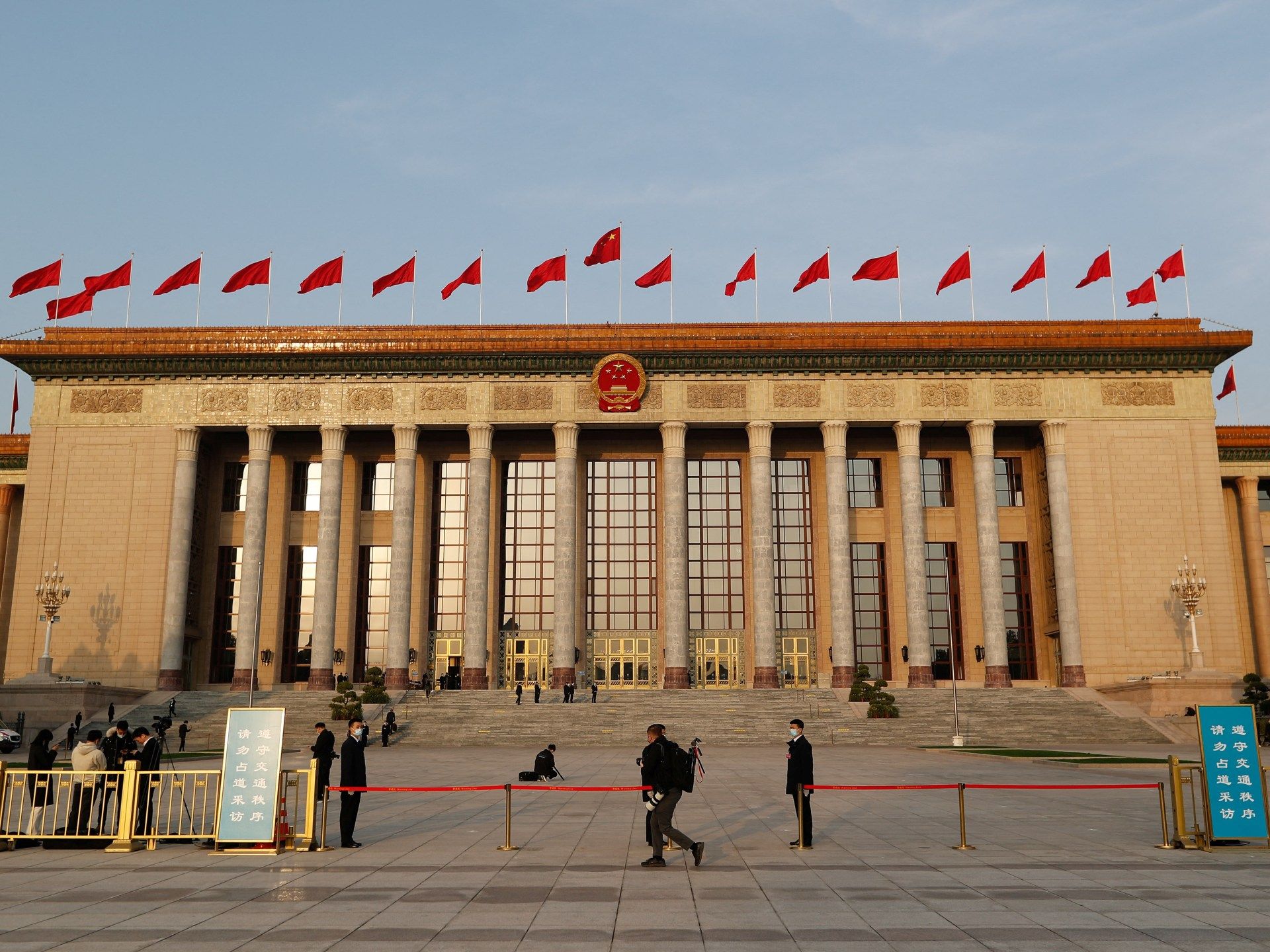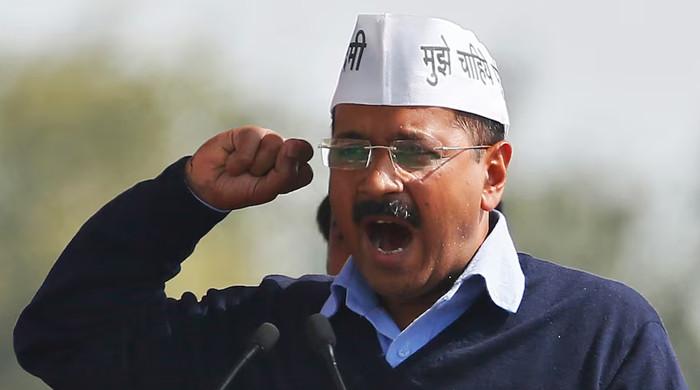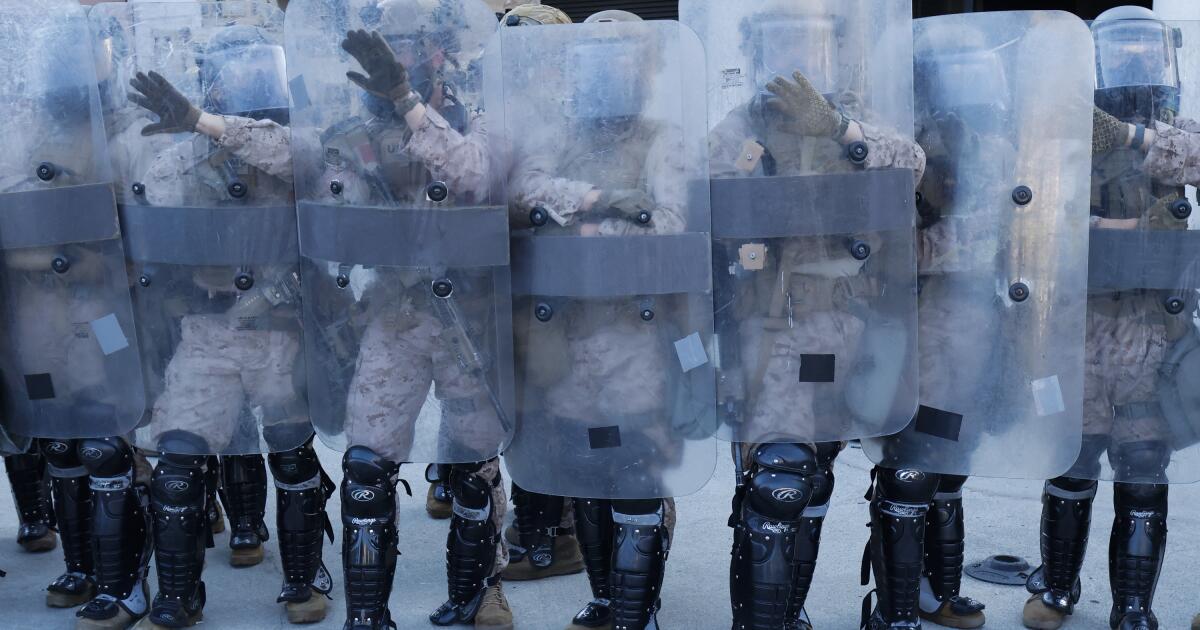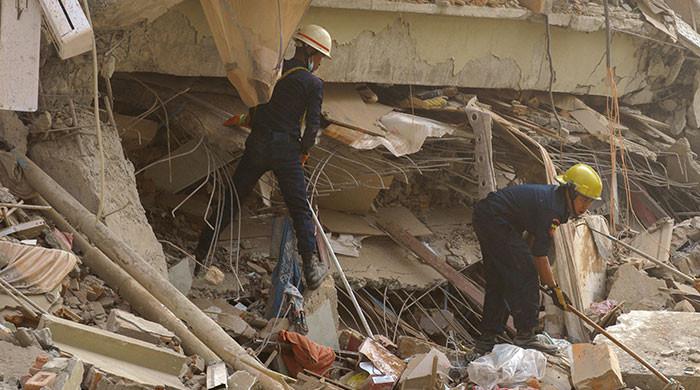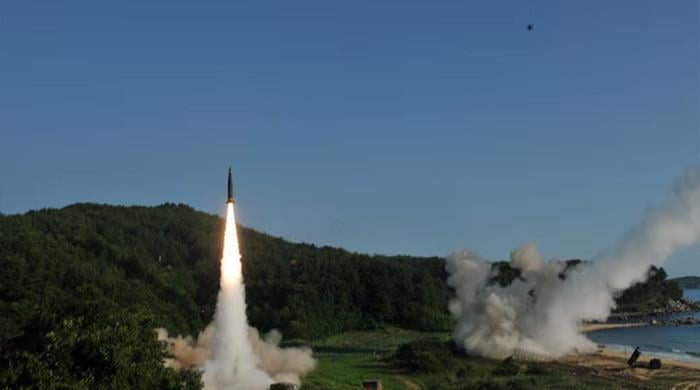Taipei, Taiwan – China's “Two Sessions” begin in Beijing on Monday with the meeting of the National People's Congress (NPC) and the Chinese People's Political Consultative Conference (CPPCC).
The event brings together China's political elite, as well as leaders from business, technology, media and the arts.
Known as lianghui in Chinese, the simultaneous meetings are an annual fixture of China's legislative agenda and last about two weeks.
During the period, lawmakers will pass new laws, political appointments and government work reports detailing the progress of various departments such as the Ministry of Finance and the National Development and Reform Commission.
What are the main events to watch?
During the Two Sessions last year, delegates officially approved Xi Jinping for an unprecedented third term as president.
This year, the event is likely to be dominated by China's lagging economy, which is grappling with slowing growth, deflation, massive debt and falling exports.
One of the most important events to follow will be the delivery of the annual work report by Premier Li Qiang, which will review the government's achievements and set goals for 2024.
Li is expected to set an economic growth target of around 5 percent by 2024 and discuss current issues, from China's falling birth rate to the future of technology regulation and artificial intelligence (AI). .
A number of key appointments could also be made.
Over the past year, 11 members of the NPC Standing Committee – the 175-member permanent body of the legislature – were dismissed, including Foreign Minister Qin Gang and Defense Minister Li Shangfu.
Those who were removed had ties to the military, including the People's Liberation Army (PLA) Rocket Force, which oversees China's nuclear and conventional ballistic missiles.
What is the difference between the two sessions?
The NPC and CPPCC are Chinese state institutions that are technically separate from the Communist Party of China (CPC), but much of their work is dictated by it.
On paper, the NPC is officially China's top legislative body, with nearly 3,000 members representing the country's provinces, autonomous regions, large cities, the PLA and the People's Armed Police. The NPC also has delegates representing autonomous Taiwan, claimed by the CCP even though Beijing has never exercised control over the island.
During the NPC, delegates review progress on political goals and vote to approve new legislation and high-level political appointments, although most delegates actually have little political power.
In practice, the NPC Standing Committee is widely considered more powerful than the legislature, despite being technically subordinate, as it meets periodically between legislative sessions.
“The NPC is not a parliament in the sense of a democratic parliament where representatives are elected through fair elections. Its deputies are elected by a small portion of the Chinese population under the leadership of the Communist Party,” Adam Ni, co-editor of the newsletter China Neican, told Al Jazeera.
“That is, the NPC deputies are at least acceptable to the party.”
The CPPCC, which meets at the same time and brings together more than 2,000 delegates from across China and the diaspora, is a political advisory body that functions more as a public relations exercise.
The delegates are not necessarily members of the CCP, although the meeting is part of its “United Front” efforts to align different actors on common causes and spread China's influence.
CPPCC delegates include leaders in technology, arts, media, and leaders from the semi-autonomous countries of Hong Kong and Macau.
“The CPPCC performs several functions, including facilitating the creation of elite networks and directing political advice from outside the party to the party-state. It operates as a means of commerce, where the Communist Party provides access to the system and recognition by granting membership, while the elites who make up the body gain access to policy makers and receive recognition,” Ni said.
Is the NPC just a “rubber stamp” parliament?
The NPC is often referred to as a “rubber stamp” parliament or legislature, as its primary function is to formally approve pre-established decisions and features little or no open debate.
China watchers say it is still important to watch the NPC.
It can incorporate limited popular input on issues not considered overly sensitive, and on rare occasions has featured displays of dissent.
Most famously, in 1992 a third of delegates voted against or abstained from approving the Three Gorges Dam, a controversial project to dam the Yangtze River.
“People refer to the NPC as a 'rubber stamp' because it has never rejected any bill, work report, budget or nomination that has been presented to it. But, in my opinion, such excessively narrow focus solely on the NPC voting results ignores the important role played by the thousands of NPC delegates in representing citizen interests on a variety of politically non-sensitive issues,” said Changhao Wei, a fellow at Yale Law. he told Al Jazeera the school's Paul Tsai China Center.
While you won't hear delegates debate on the floor, individual delegates and bodies like the NPC Standing Committee can shape legislation as it is drafted and provide feedback on issues such as the national budget.
Delegates can also introduce individual bills asking the NPC to act on important issues of the day.
In 2022, delegates introduced several bills focusing on women's rights and domestic violence in response to public outrage over the case of a trafficked woman with mental health issues who was found chained by her husband.
While these bills were not publicly debated, they also would not have gone unnoticed within the government, Wei said.
Ni said that although the CPP maintains a tight grip on power, the party is not a monolith, “but contains a multitude of interest groups and networks.”
“There are also non-partisan groups and personnel involved in the law-making process,” Ni said.
“We should not discount their ability to act, for example, women's rights advocates or environmentalists, because they can have an impact. But the influence and power of non-party individuals and groups are limited by the political structure, where the party monopolizes the instruments of state power.”

